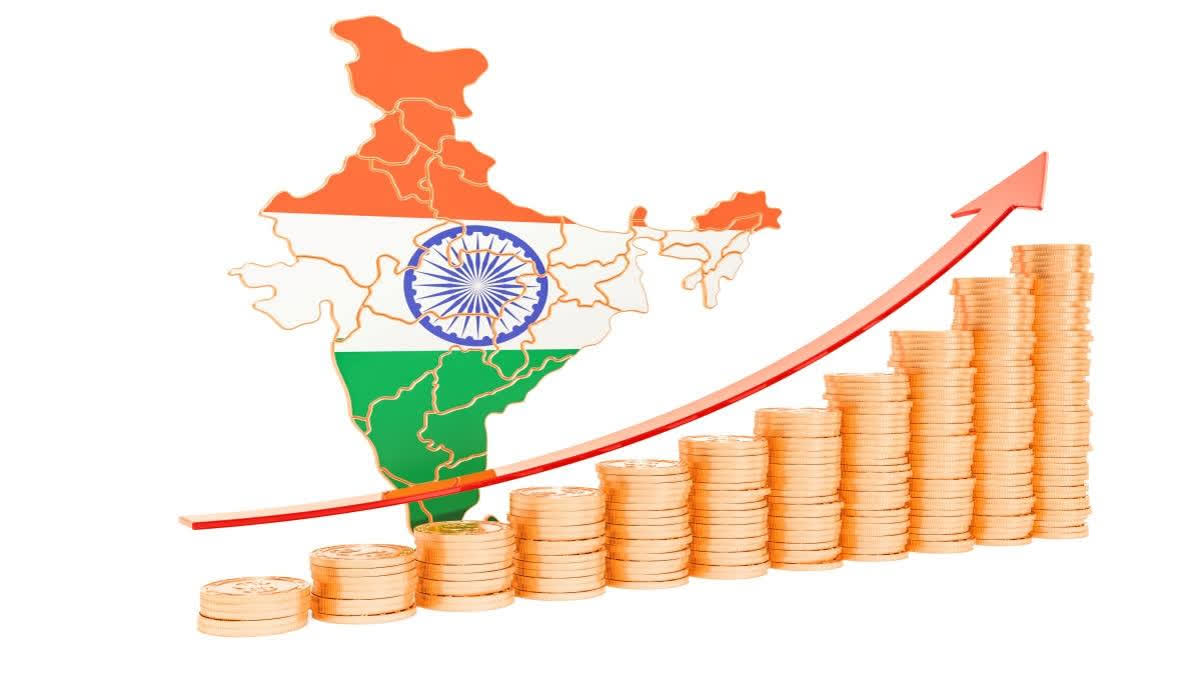Milpitas (California): Describing India as a remarkable growth story in the last 10 years, a prominent Indian-American academician at Stanford University has said that the Western media has not been able to capture it and reporting from far away land is a recipe for writing stories that don't lend credibility.
Dr Anurag Mairal, Adjunct Professor of Medicine and Director of Global Outreach Programmes at Stanford Byers Center for Biodesign, Stanford University, told PTI in an interview here that if you want true stories, do it from the ground up. I think reporting from far away for a land as complex as India is a recipe for writing stories that don't lend credibility to you, he said.
He was responding to a question on the recent series of negative articles appearing in the Western press, in particular from the US, on Indian elections, the status of democracy and Prime Minister Narendra Modi. I think most major global media stories that are coming out make them less and less credible, and ludicrous in some ways. And most of us who know India don't really follow those stories anymore because we just find them very superficial and not based on real data, Mairal said.
Responding to a question on the news stories and opinion pieces appearing in the American press about the future of Indian democracy and the allegations that the country is moving towards authoritarian rule, the Stanford professor said this is far from the truth. I personally don't see the country (India) moving in the autocratic direction anytime soon. Probably never. I have that faith in Indian people, he said.
There is a tremendous amount of confidence, a tremendous amount of awareness of their rights and the responsibilities that Indian people have, he added. It's usually the elites in Western media that don't appreciate the level of maturity that the Indian electorate has, and I don't think they'll stand for autocracy, he said.
India is a remarkable growth story, Mairal said. Demographically, the country has become younger. The technological progress has been tremendous. There's a lot of capacity that's been built and all indicators on infrastructure to the human capacity to a very determined approach on the part of the political leadership to make India a developed economy. All of that is bearing fruit, he said.
In many ways, India is where China was 20 years ago. But it's taking a different path from China. It's democratic, of course, it's far more connected with the West and in a very sort of collaborative fashion," he noted. Mairal said that Silicon Valley looks at India very differently. It feels India has been part of the journey already because of the talent that has come from India and runs many of the companies here and is part of the talent pool here, he said.
So, there was already that sort of collaborative mindset that now even more so when there are companies that are coming out of India and technologies that are coming out of India and the investments that are going from Silicon Valley to India, he said. Over the past few years, Mairal has hosted several Indian cabinet ministers and has been invited by Prime Minister Modi as well.
In addition to hosting all of these ministers and meeting with the honourable prime minister himself, I've also taken Stanford students to India. this year I'll be doing that again. And they met many of these major stakeholders and I have been impressed by how positive and how problem-solving-focused these stakeholders have been, he said.



